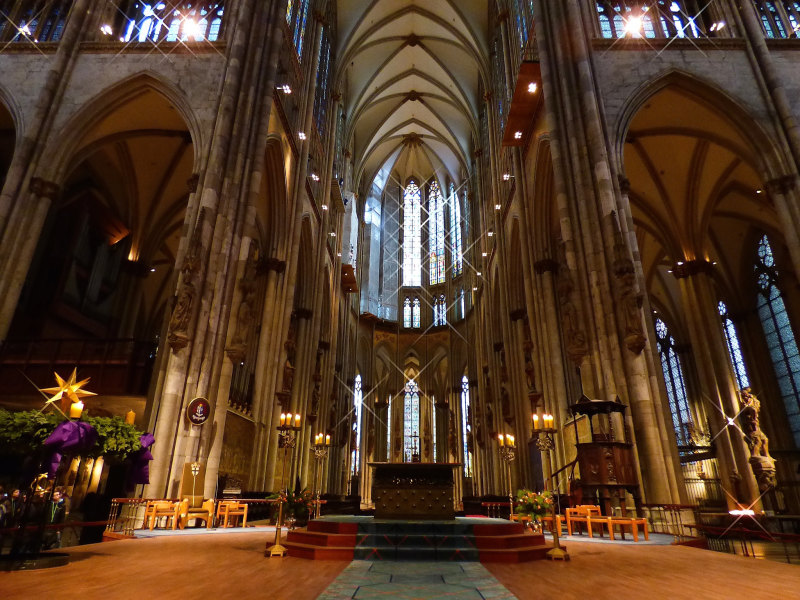
Churches in Germany reopen this week in keeping with the federal republic's easing the restrictions on gatherings amid the Covid-19 pandemic.
However, according to the UK Independent, churches are not allowed to handshake as well as sing as they both may spread the virus during the service.
Cologne Cathedral, a prominent church that had an average of 20,000 visitors a day, held a small service with 122 attendees.
In addition to the churches, Chancellor Angela Merkel approved the re-openings of museums, playgrounds, and small businesses.
Markel stated, "We must work to make sure we bring the number of new infections down further. If the infection curve becomes steep again, we need to have a warning system to notice it early and be able to act." as reported by the Independent.
In April, the Catholic Church in Germany stated that they expected a ban on in-person worship services to be lifted, with certain social distancing requirements maintained.
Prelate Karl Justen, a church lobbyist, said "The rules must be made so that nobody can be infected by the singing," as reported by KNA in April, adding that Communion would be affected as well.
Not only Germany but also South Korea was also allowing megachurches and professional sports venues to hold events, while still keeping social distancing rules. Some churches in the U.S. also began to reopen slowly including Fellowship Church in Texas, which allowed 25% of its sanctuary to be filled.
However, other nations, for example, Greece decided to maintain a ban on in-person services allowing the easing the restrictions for other groups.
The Greek Orthodox Church objected, with spokesman Metropolitan of Nafpaktos Hiertotheos sending a complaint letter to the Greek government. The voice of America reported Hierotheos stated, "What do they think the Church is? Do they consider it like any other supermarket or union or nail or hair salon?"
Between liberals and conservatives, the split has gone beyond routine ecclesiastical rituals. As the restriction ban is remained and eased in different places, different opinions and concerns are rising and its trust in and support for the government corrodes the church-state ties in many countries.


















